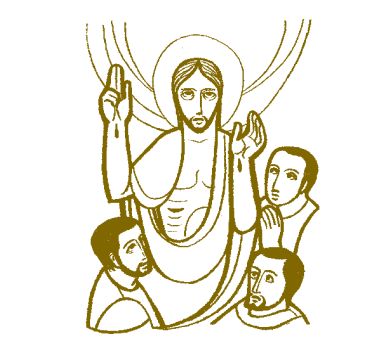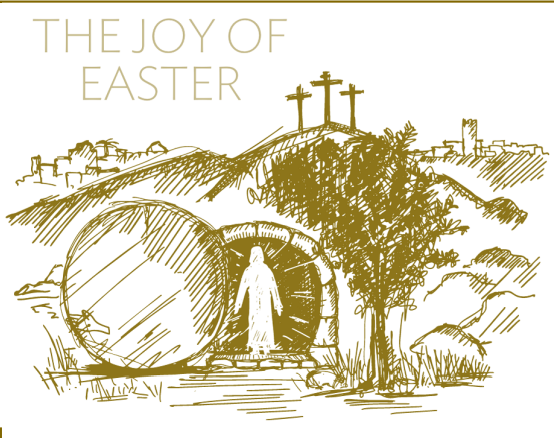Sunday 6th March 2022

Jesus is alone, hungry, poised at the edge of decision making before his Father and his own truth. With perfect timing, the tempter arrives with three attractive propositions.
If Jesus would turn stones into bread, it would bring great personal and social advantages: neither he nor the poor of the land need be hungry ever again, the tempter implies. But Jesus answers that it is not bread alone, but the word of God that is life-giving food. People of every generation must transplant the wilderness temptations into their own life and times, and the first contemporary temptation is to neglect the word of God and allow ourselves to be seduced by so many other words: texts, emails, social media, the flood of digital information, our often mindless and heartless inner and outer conversations. The word of God feeds our deepest hungers. Our obedience to this Word is expressed in our attentive listening to it’s proclamation, especially in the Sunday liturgy, in our prayerful reading of Holy Scripture (lectio divina), and our efforts to make this Word “living and effective” (Hebrews 4:12) from day to day. The people of first-century Palestine who were living under the oppression of the Roman Empire were hoping for political redemption. If Jesus seizes power and glory, suggests the devil in his second temptation, what he could do for them! But Jesus knows what this would mean: power and authority handed to him by the tempter would also bring oppression and violence (Luke 4:1- 14). Jesus will go the longer, less immediate, and more sacrificial way of service to others rather than domination over them. He will wait to receive the kingdom from the hand of his Father rather than from the devil, the ruler of a “counter-kingdom.” Jesus will establish a healing reign over sick bodies, tormented psyches, and a troubled cosmos. We are only too familiar with scenarios of unjust wars and political compromise that accompany the lust for power. We certainly need to take a stand against these, but perhaps we are less conscious of the compromises we make ourselves that bargaining for a little more status and authority at the expense of others and the effect that this has on world history - whose time we share. We can often be tempted to serve personal success rather than fidelity to God, our own reputation rather than the needs of our brothers and sisters, political expediency rather than justice. “God . . . Alone shall you serve” will involve Christians in the self-sacrificing obedience of Jesus.
The third temptation is for Jesus to launch his messianic career with a spectacular stunt - throwing himself from the high point of the Jerusalem temple. The tempter assures Jesus that, since he is a privileged Son, God will certainly deliver him from any human and airborne limitations by sending angels to catch him and carry him to safety. And what religious authority his survival would give him! But Jesus will be true to his son-ship not by flamboyant acts but by suffering an impoverished death on a cross, a commonplace punishment for criminals. Only then will come Jesus’ leap of faith, not from the temple pinnacle, but from the raised cross on Calvary; not into angels’ hands but into the hands of the Father (Luke 23:46), who will lift him up in the resurrection.
Often we would like God to treat us as “different,” “special” people who deserve miraculous intervention and deliverance from the limitations of our humanity. This will be offered to us, but only in the same way in which it was offered to Jesus: through suffering, dying, and rising with him.










